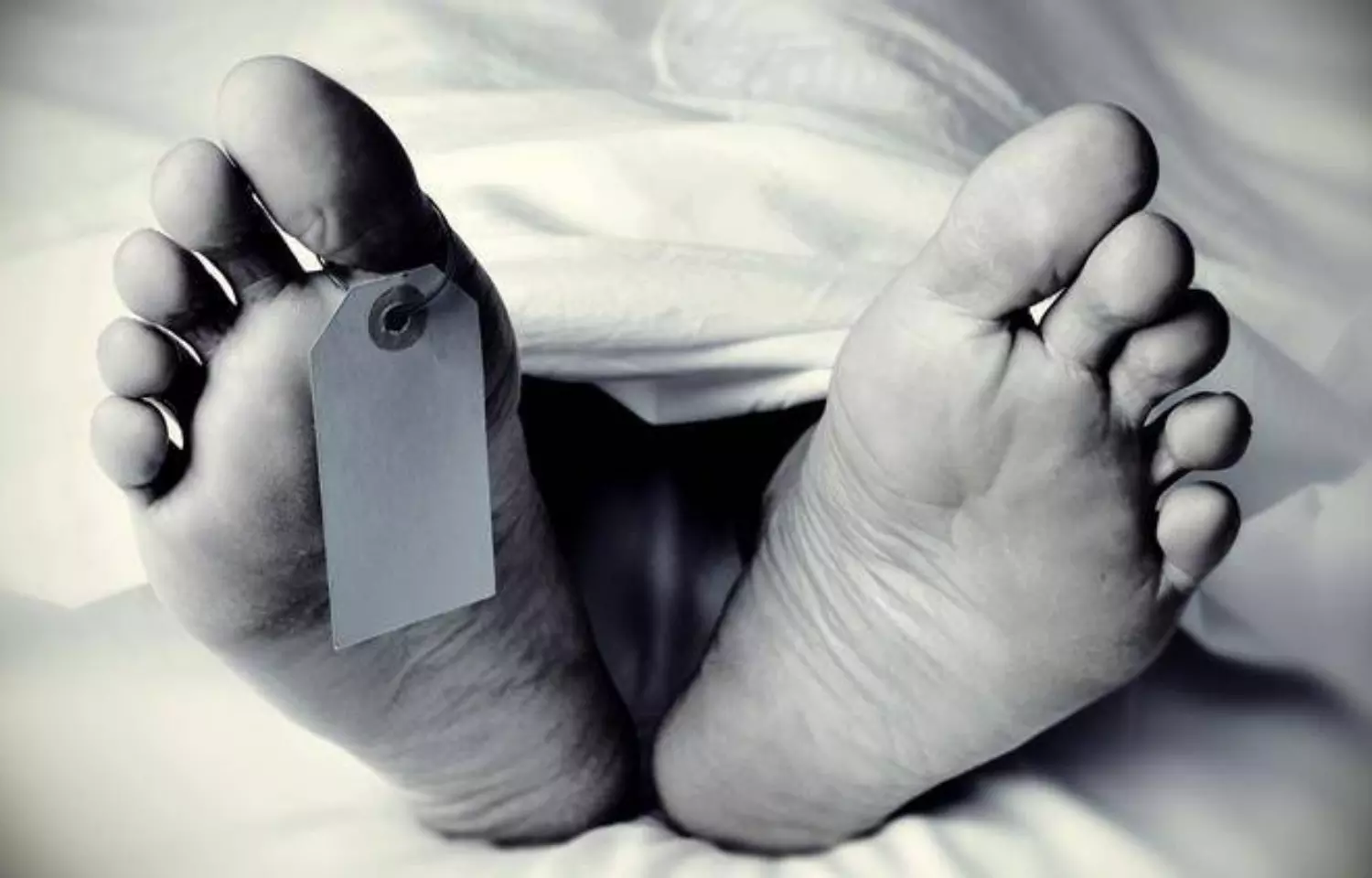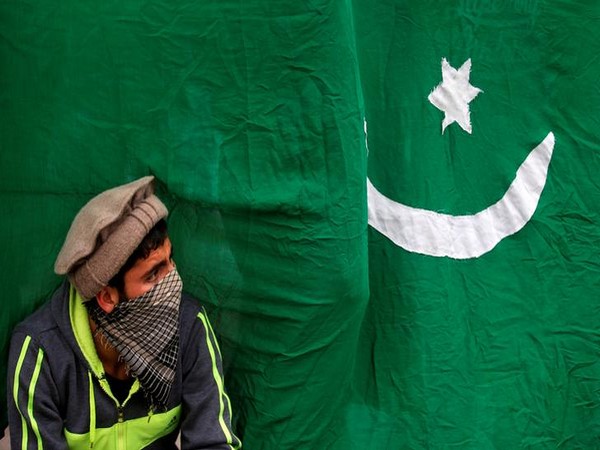France has lifted the state of emergency in its Pacific territory of New Caledonia, following two weeks of turmoil resulting in seven fatalities and hundreds of injuries. Despite the lifting of the emergency status, a curfew remains in place, and significant paramilitary reinforcements are being dispatched to the region.
The decision to ease restrictions was announced by the French presidency, enabling the main pro-independence FLNKS party to hold meetings and local representatives to negotiate the removal of road barricades. The state of emergency had been imposed in response to riots triggered by French proposals to revise voting rights in the territory.
In addition to the deployment of several hundred police and military personnel to New Caledonia, an additional 480 paramilitary gendarmes are being sent from France to bolster security. The night curfew from 6:00 pm to 6:00 am, along with a ban on alcohol sales, will remain enforced.
While the situation in the archipelago has relatively calmed, sporadic disturbances have been reported in Noumea’s Vallee-du-Tir district. The aftermath of the unrest includes nearly 500 arrests, widespread road closures, and the closure of the international airport until June 2. Efforts are underway to clear access to essential facilities such as the Medipole hospital.
The lifting of road blockades is seen as a crucial step towards initiating meaningful negotiations, as stated by the French presidency. President Emmanuel Macron personally intervened by visiting New Caledonia to address the crisis and assure residents that voting reforms would not be imposed without consensus.
Amid the ongoing unrest, the first French tourists were evacuated from Noumea, with military aircraft transporting them to Australia and New Zealand. Both countries had initiated repatriation efforts earlier in the week.
The situation in New Caledonia highlights longstanding tensions regarding the territory’s governance, with indigenous Kanaks advocating for greater autonomy or independence from French rule. The proposed voting reforms, aimed at granting voting rights to non-indigenous long-term residents, have sparked discontent among Kanak communities, who fear a dilution of their political influence.
While the pro-independence group CCAT has not dismantled roadblocks entirely, they have expressed willingness to ease disruptions to facilitate the delivery of essential supplies. The FLNKS party, following discussions with President Macron, reiterated its demand for the withdrawal of the voting reforms, underscoring the need for dialogue and resolution amid the ongoing crisis.
READ MORE : Houthis Claim Responsibility For Attacks On Three Vessels In Red Sea And Indian Ocean















